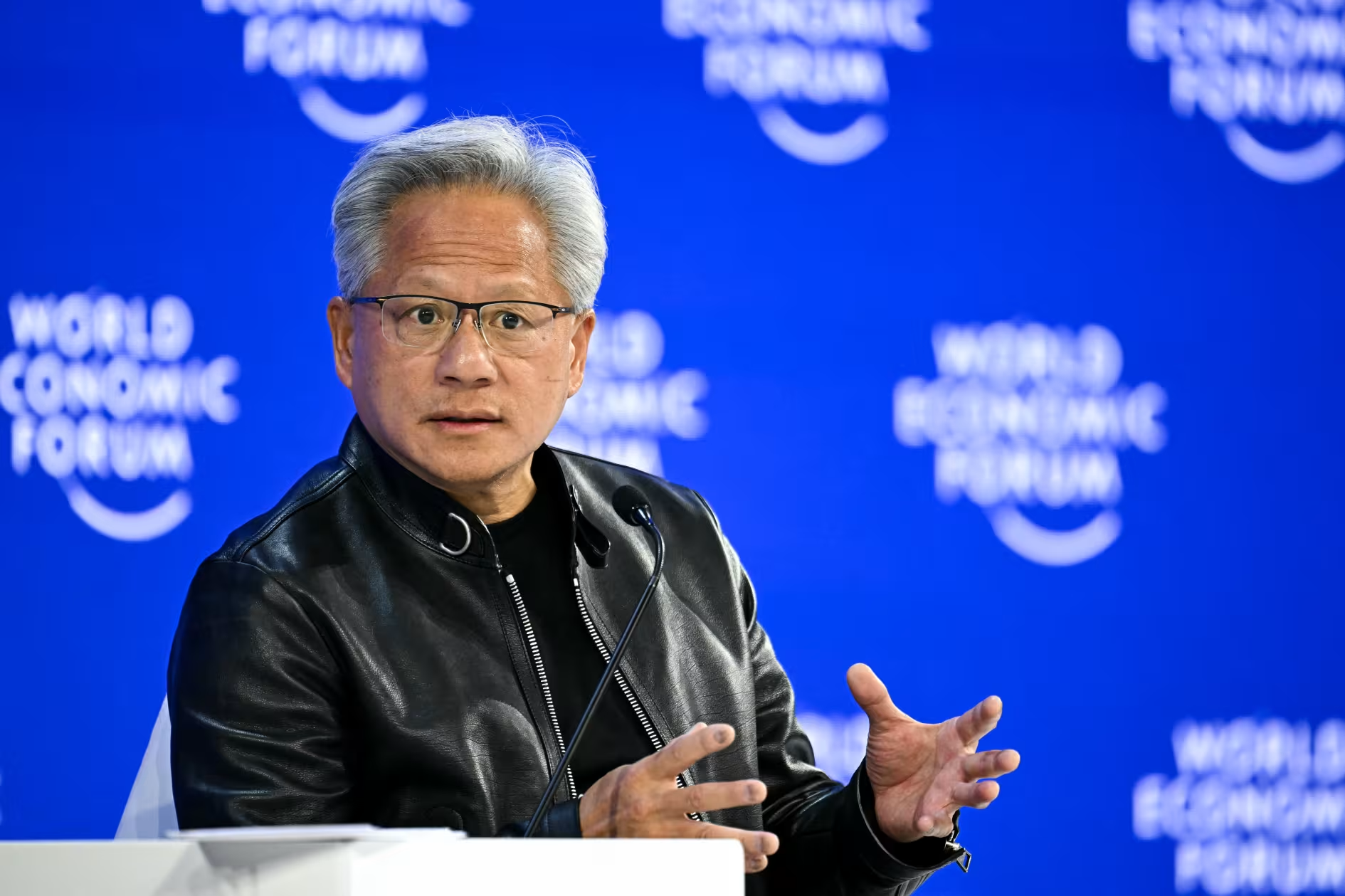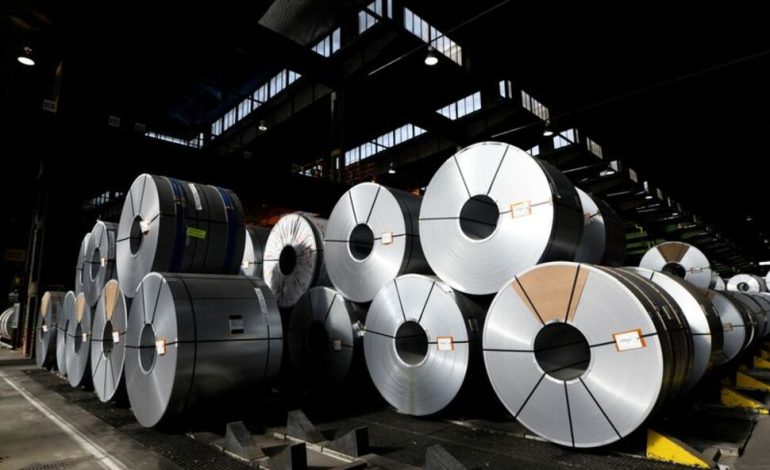European industry leaders have raised concerns about the potential impact of a proposed US tariff hike on steel imports, as global markets remain cautious amid ongoing trade tensions and shifting monetary policy expectations.
Salzgitter AG, Germany’s second-largest steelmaker, warned Monday that the US administration’s plans to double steel tariffs to 50%—set to take effect on June 4—pose a significant threat to the European industrial base. CEO Gunnar Groebler described the move as a serious burden on European manufacturing, particularly Germany’s export-heavy economy.
“The erratic tariff policy of the USA is hitting Europe’s economy hard—especially Germany,” Groebler said in a statement.
He also warned that the knock-on effect of cheaper Asian steel entering the EU market due to diverted exports could further undermine European producers.
Salzgitter shares, along with those of other major European steel firms like Thyssenkrupp and ArcelorMittal, declined between 0.5% and 2.1% in Monday trading.
According to Germany’s steel industry association, the US is a key market for European steel, accounting for roughly 4 million tonnes, or a fifth of non-EU exports. Groebler urged the European Commission to accelerate the implementation of protective measures under its Steel and Metals Action Plan.
The tariff development comes as Asian and European markets opened the week with a cautious tone. Investors are awaiting key US jobs data and a widely expected interest rate cut by the European Central Bank (ECB). In Asia, Japan’s Nikkei 225 dropped 1.1% and South Korea’s Kospi declined 0.1%. S&P 500 and Nasdaq futures dipped 0.2% and 0.3%, respectively.
While the proposed US steel tariffs have drawn a muted market reaction so far, analysts are closely monitoring whether President Trump follows through or reverses course, as he has in past instances.
In broader economic indicators, the Atlanta Fed’s GDPNow forecast projects US second-quarter growth at 3.8% annually, but analysts expect a slowdown later in the year. May’s US payroll report, expected to show 130,000 new jobs and steady unemployment at 4.2%, could influence Federal Reserve policy.
While the Federal Reserve has signaled no immediate rate cuts, expectations for a potential September move remain high. Fed Chair Jerome Powell is among several central bank officials scheduled to speak this week.
Across the Atlantic, the ECB is widely expected to lower its key interest rate by 25 basis points to 2.0% on Thursday, with markets watching for signals of further action in July. The Bank of Canada, facing its own trade-related growth risks, is expected to hold rates steady at 2.75% on Wednesday.
In foreign exchange, the dollar edged lower against major currencies, dipping 0.2% against the yen and slipping 0.1% against the Canadian dollar. The euro rose slightly to $1.1353.
Commodity markets saw upward movement. Brent crude oil rose by $1.07 to $63.85 per barrel, and US crude gained $1.18 to $61.95 per barrel, buoyed by a smaller-than-expected supply hike from OPEC+. Gold was up 0.6% to $3,310 an ounce, rebounding from last week’s losses.
In European equities, the Stoxx 600 was down 0.25% mid-morning. Autos and technology stocks saw losses, while oil and gas shares climbed with rising crude prices. The aerospace and defense sector rose 0.45%, supported by gains in Germany’s Hensoldt and new defense spending pledges by UK Prime Minister Keir Starmer.
With input from CNBC, Reuters, and US News & World Report.










The latest news in your social feeds
Subscribe to our social media platforms to stay tuned